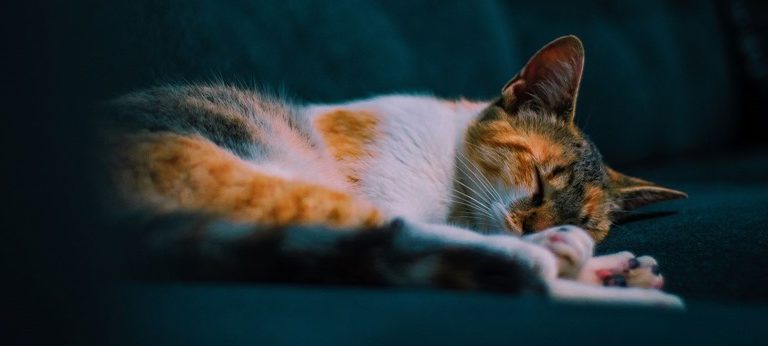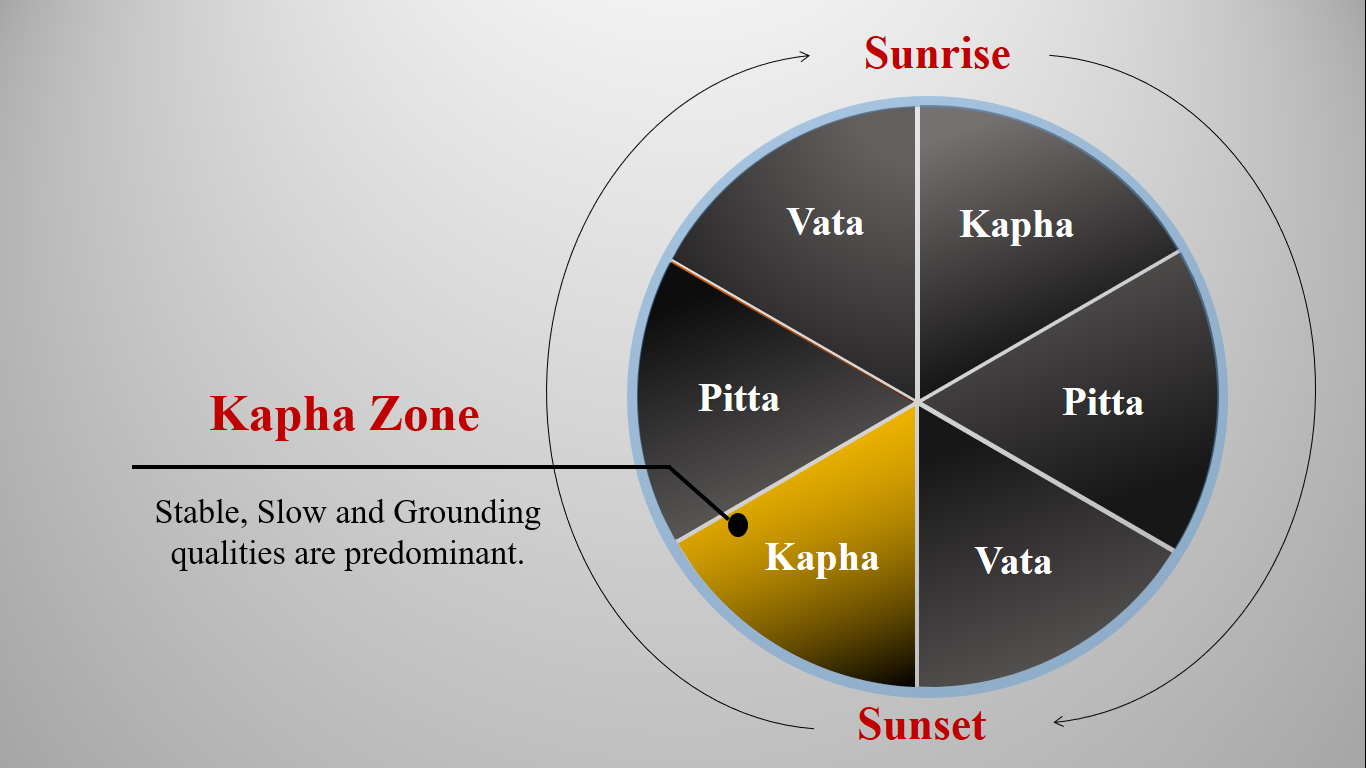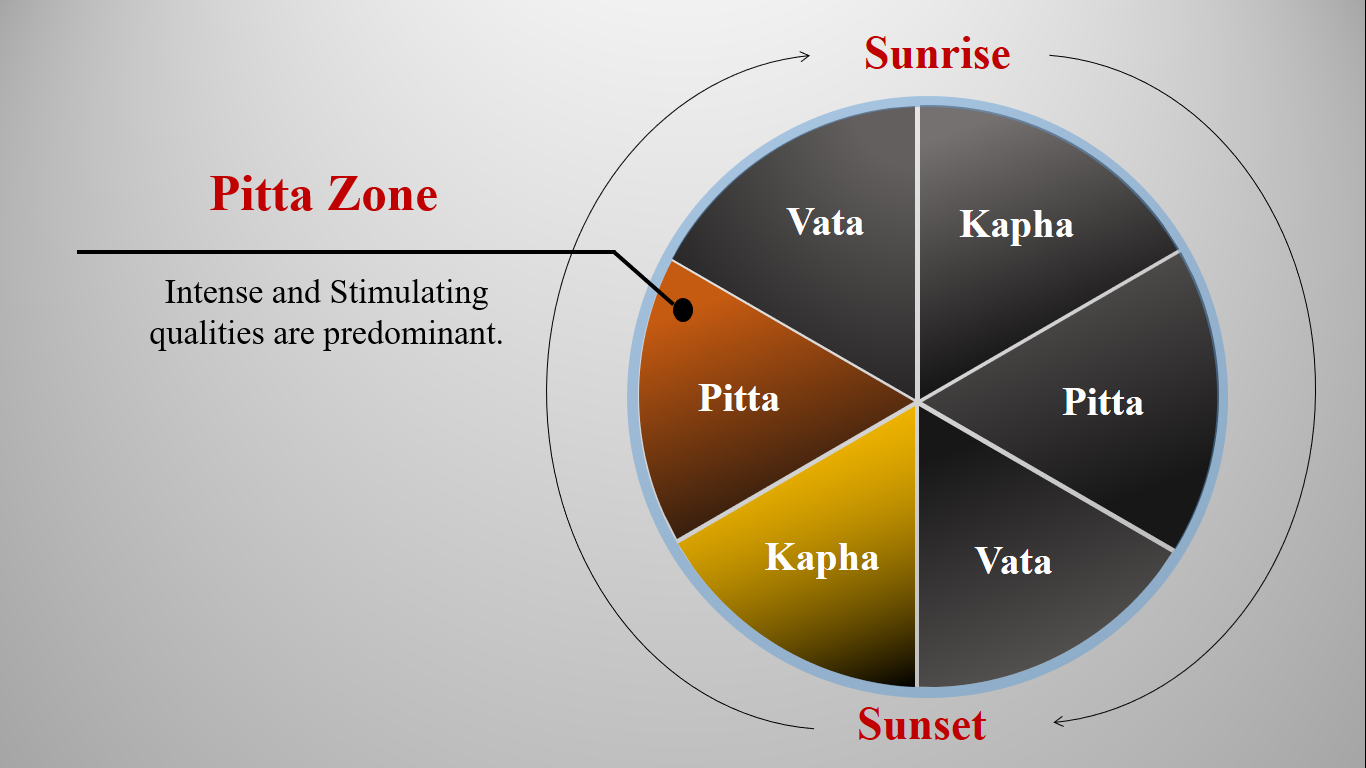Good Night & Sleep Well - An Ayurvedic Approach

One of the most beneficial aspects of our physical well-being and immunity is ‘Good night sleep’ and it is so ingrained in our feelings and emotions. Ayurveda recommends early to bed and early to rise. You can notice birds and animals (except nocturnal) get ready for their day with the dawn, and unwind slowly with the dusk. As we are part of nature, we must follow the rhythm of nature.
Sleep is part of Ayurvedic daily routine (Dinacharya). Good night sleep hygiene is one of the most important things to gain strength, happiness and longevity.
Sleep definition:
As per conventional science: “Sleep is a normal, reversible, recurrent state of reduced responsiveness to external stimulation that is accompanied by complex and predictable changes in physiology”.
As per Ayurveda: “Happiness and unhappiness, nourishment (good physique) and emaciation, strength and debility, sexual prowess and impotence, knowledge and ignorance, life and death; all are dependent on sleep.” In another context described as “Sleep is unconscious, but consciousness remains about his own unconsciousness.”
Purpose and benefits of sleep:
Your mental and physical health depends on the hours of sleep you get per night. Sleep is an innate process for the body and mind to rest, reset, detoxify, and rejuvenate. Research studies prove that, lack of sleep can lead to metabolic disorders like obesity, heart disease, type 2 diabetes, aging etc., emotional imbalance and so on. As per Ayurveda sleep is one among the ‘Tripods’ or ‘the three pillars that supports life’ (Food, sleep and celibacy). Since it is a part of normal physiology, it gives rest and relaxation to our body, mind and sense organs.
Adequate and sound sleep provides
- Sukha – happiness
- Pushti – nourishment and growth
- Bala – strength and immunity
- Vrishta – potency and sexual vigor
- Gyaanam – knowledge and intellect (brain functions)
- Jeevitam – good life span and longevity
Improper sleep, that is, inadequate, excessive or irregular, provides opposite qualities or harmful effects.
Does everyone need 8 hours of sleep a night?
It is not the duration of sleep that is important, but the timings (sleeping and waking up time) have great impact on our health and well-being. The nature and duration of sleep is unique for each person. Hence, during sleep, each individual experiences different nature and pattern of sleep. When you are sick, tired or fatigue, the nature and duration of your sleep is quite different- you need more sleep than usual, and this is unique to each one.
Ayurveda describes that the sleep pattern varies as per the nature or constitution (Prakriti) of a person, that is depending on the predominance of the dosha (vital energy); Vata, Pitta and Kapha. Click here to know more about doshas
So understanding your Dosha can provide you the insights of the nature and duration of sleep needed for each person to get recharged.
Vata prakriti:
Vata (air and space elemental characteristics) predominant persons experience light, sensitive, irregular, short duration of sleep, i.e., tendency to insomnia. Teeth grinding, sleep walking and sleep talking are common. Dreams tend to be airy in nature. They sleep a maximum of 6 -7 hours. They are not fans of naps.
Pitta prakriti:
Pitta predominant persons (fire and water elemental characteristics) experience mostly sound sleep, but in light, moderate amount. Dreams tend to be wild, fiery and vivid. The planning mind, perfectionist attitude and working too long can lead to insomnia. They need 7-8 hours of sleep.
Kapha prakriti:
Kapha predominant persons (earth and water elemental characteristics) experience deep, sound, heavy, long and undisturbed sleep. They are the best sleepers. They have a tendencyy to over sleep and need minimum 8-9 hours of sleep. They are not early risers and need more time to get active.
So Vata constitution needs more sleep but they don’t like to sleep longer, and vice versa with kapha constitution. So one must introduce the sleep hours depending on their predominant energy or doshas.
sleep
Time to Sleep
Sleep before mid-night is more nourishing and restorative. Scientific studies have shown that the n-REM (Non Rapid Eye Movement) sleep occurs more in the early part of sleep, which means body is more at rest and calmer with less dreams before mid-night, ie., in the first part of the sleep.
Ayurveda divides the day with the three doshas zones. The Kapha dosha (water and earth elemental qualities) zone comes in the first part of night – sunset time (say around 6 PM to 10 PM, which varies in different time zones). Kapha zone is the best time to fall asleep because it has qualities such as stability, heaviness and grounding, and allows you to make the best use of kapha qualities to get a sound sleep.

After sunset, human body produces the hormone melatonin, which signals the brain to wind down and sleep. The light rays of electronics equipment’s, like mobile phones and laptops, stimulate the cortisol hormone and signals the brain to be alert, active and productive. Late at night, rays from phones and screens suppresses melatonin and signals the brain that it’s still sunny.
What happens after 10 PM:
We are not nocturnal like owls, bats etc. but diurnal, and are meant to sleep at night and active during the day. No one is born nocturnal, it is the wrong lifestyle, habits and society that develops it.
As mentioned before the kapha zone finishes around 10 PM, and then the pitta zone, the fire energy, starts. That means the mind becomes more productive and active, and affects the sleep cycle. Most people experience that they get more ideas and plans in late night, which can be true. But that’s not the time to be productive, but the time to rest our body to perform the organ healing and tissue repairing.

Experts mentioned that “being tired during the day and energetic at night is usually caused by circadian rhythm abnormalities,” that is, “a person’s body clock runs late and they have a burst of energy in the evening.”
The National Institute of Health estimates that roughly 30% of the general population complaints of sleep disruption and approximately 10% have associated symptoms of day time functional impairment in consistency with the diagnosis of insomnia.
Sleep issues can vary from:
- Broken or disturbed sleep
- Excessive sleep or feeling sleepy all time
- Sleeplessness / Insomnia
- Trouble to fall asleep
Main causes of sleep problems are:
- Changes in routine or moving to a different time zone
- Too much traveling or changes
- Anxiety and fear (especially about future)
- Worrying about self-health or about others
- Stress from job or other things.
- Loneliness and depression
- Too much sleeping during the day
- Excessive use of mobile phone / TV / laptop or any other electronics equipment
- Diseases or traumas or injuries
Naps or Siesta:
Rest is essential to get recharged, especially for people who are more active (Vata constitution) and utilize their full energy. Sleeping during day or after sun rise increases the qualities of heaviness, grounding and slowness. So a nap during day is advisable to the following groups:
- Vata (airy) predominant constitution
- Sick, injured, tired and emaciated
- Who have night shifts, or lack of proper sleep
- Young children and aged
- Stressed, anxious, nervous and agitated.
Day time sleeping aggravates Kapha as a result of increased heaviness and slowness. So for kapha predominant constitution and all kinds of kapha imbalances like sinus congestion, cold and flu, asthma, indigestion etc. day time sleeping is contraindicated.
Tips to improve your sleep:
- Maintain proper sleep hygiene: Through proper understanding of ‘Ayurvedic daily routines’. Click here to know more about daily routines
- Set a proper schedule: Instead of spending time at night, set aside time for different tasks on a daily basis. Keep proper time for eating throughout the day. Set aside time for work, exercise and other activities.
- Create a proper night routine and make sure to go to bed before 10 PM.
- Alarm: If you have trouble in getting up early, set the alarm to wake up.
- Get ready for bedtime: brush the teeth, wear sleeping garments, turn off the lights or dim the lights.
- Reading before bedtime, writing journals or diaries helps your mind to unload stress and tensions.
- Spiritual path: Experts say that “High stress-induced cortisol levels all day do not diminish in the evening, thereby blocking melatonin and the body feels revved up with cortisol”. So the following actions help to reduce cortisol levels and thus help the nervous system relax.
- Yoga and Pranayama (Breathing exercise): Choose any kind of gentle restorative Yoga asanas (poses) in the morning and breathing exercises.
- Yoganidra and Meditation can be charted before going to sleep.
- Unplug: NO electronics and blue lights at least 2 hours before bed time.
- Avoid caffeine, alcohol or any other stimulants of any kind during the afternoon.
- Day time naps: Taking a nap during day time may be refreshing, but long sleep and evening sleep seem to affect night sleep.
- Work schedules: If you are working late nights or night shifts, bring some changes to the work schedule. ‘Wealth requires work, and you need the right sleep to work well’.
- Avoid heavy and late dinner: Eat your meals before sun set or at least before 7 PM. Provide at least 3 hours between your dinner and bed time for proper digestion. Too light food speeds up hunger and can disturb the sleep. Too heavy food destroys the quality of sleep and make tired and heavy next morning.
- Ojas drink: It is very grounding, calming and nourishing. Take this Vata balancing drink in the evening. ‘Click her for the recipe’
- Cow’s milk with nutmeg powder: A cup of warm cow’s milk or almond milk with ¼ tsp of nutmeg, cinnamon and a pinch of turmeric powder 1 hour before bed time.
- Do not disturb the calming and grounding energy with stimulating activities like intense sports or exercise, watching action movies, etc. late in the evening.
- Bed for sleep and sex only:
- Experts suggest that thinking about bed in relation to sleep can lead to better sleep.
- Also recommended that people who use the office at home should not use the bed for their work and that the laptop should not be placed on the couch for other entertainment such as watching movies or playing music.
- Keeping the bed clean and attractive is of utmost importance.
- On difficult sleepy days, be careful not to toss and turn for more than 20 minutes. Alternatively, you can get out of bed and do some other relaxing stretching in an ambient light and try to sleep.
- Massages: ‘Feet massage’ before bed time and ‘Abhyanga’ – Self-massage (whole body) with sesame oil before shower can help to calm your nervous system.
- Management of the root cause: If insomnia is an outcome of an underlying health condition like sleep apnea, hormonal variations, aches and pains, then long-term solutions should include measures to address them.
- Dietary, herbal and other recommendations:
Note: Introduce the following herbal recommendations with the guidance of an Ayurvedic physician or expert only.
- Introduce sweet, grounding and unctuous food consisting of milk products, ghee, sugar cane products, meat soups, dates, nuts, avocado, sweet potatoes, pumpkins, edibles made of shali rice (red rice), wheat and rice flour processed with products of sugarcane etc.
- Herbs which induce sleep are Ashwagandha, Jatamansi, Tagara, Shankupushpi, Brahmi, Mandukaparni and Vacha.
- Herbal oils: 3 or 5 drops of any cooling herbal oils or Ayurvedic herbal oil, for eg. ‘Ksheerabala 101’- Applying on the crown region and under the feet helps to induce sleep.
- Herbal tea made with Licorice, chamomile, cardamom, and hibiscus.§ Ayurvedic treatments like Shirodhara, Shiropichu, Shiroabhyanga and Thalapodichil are recommended.
